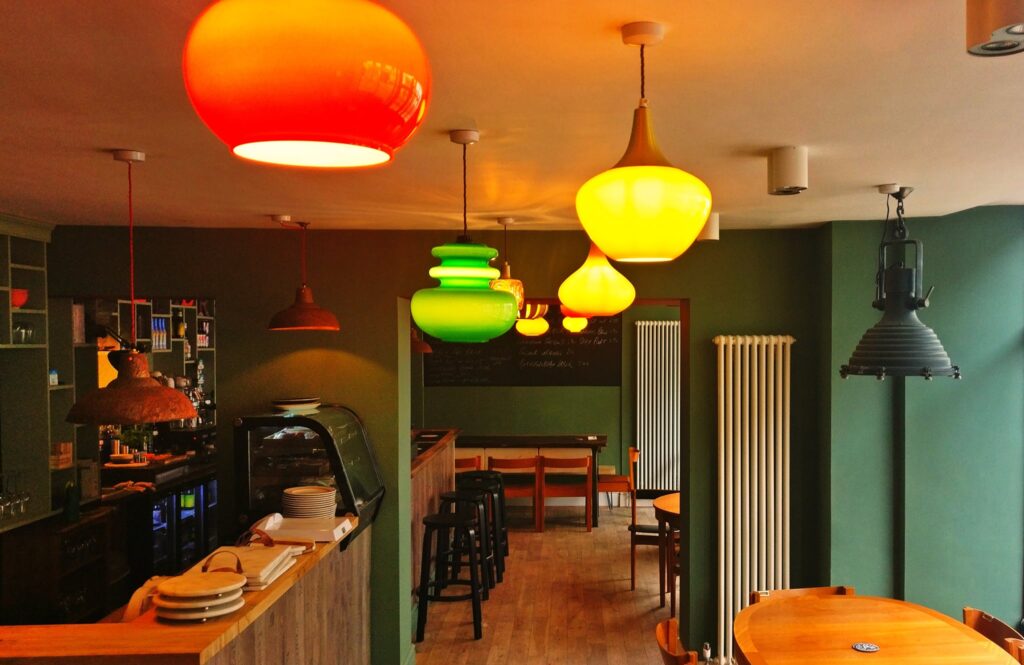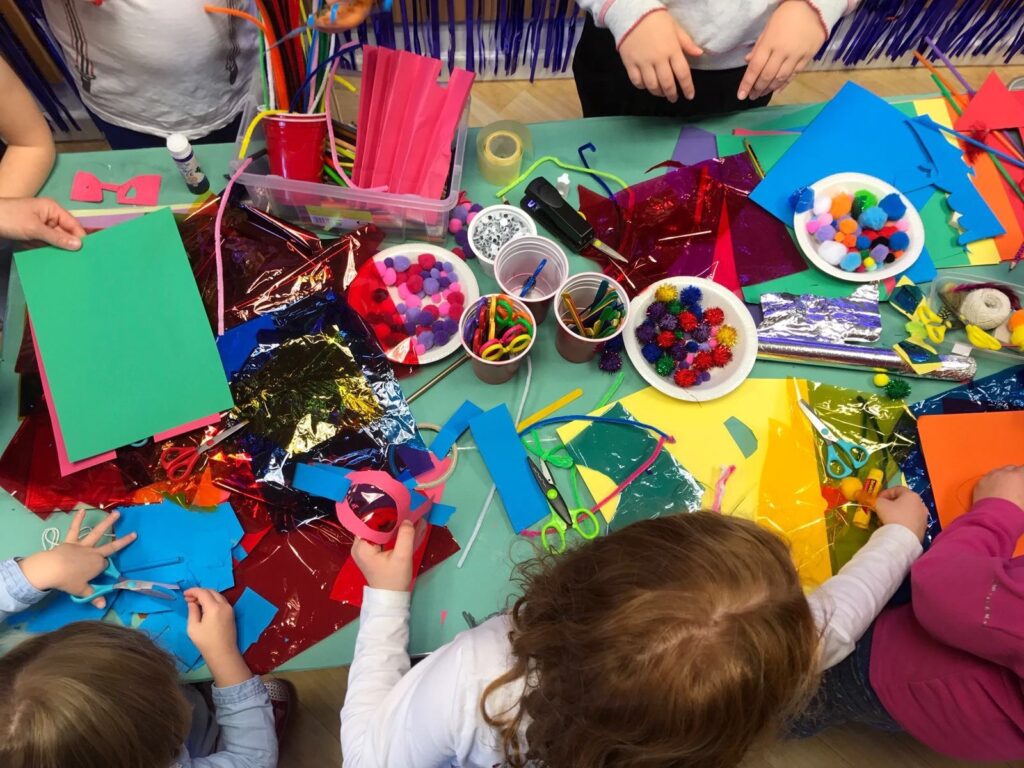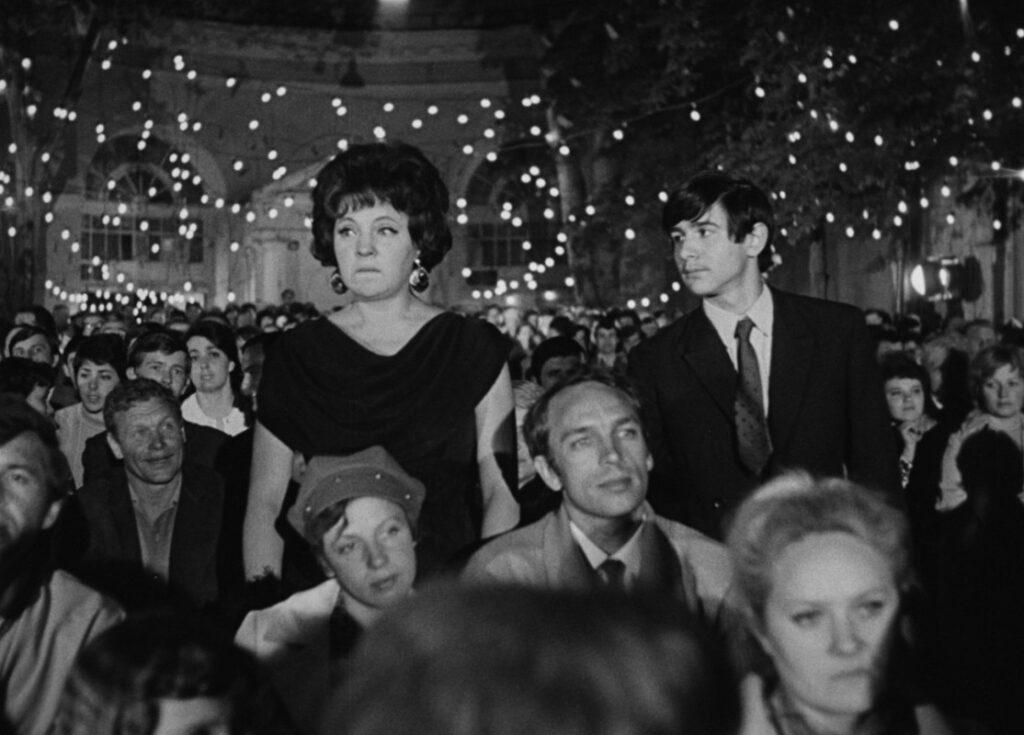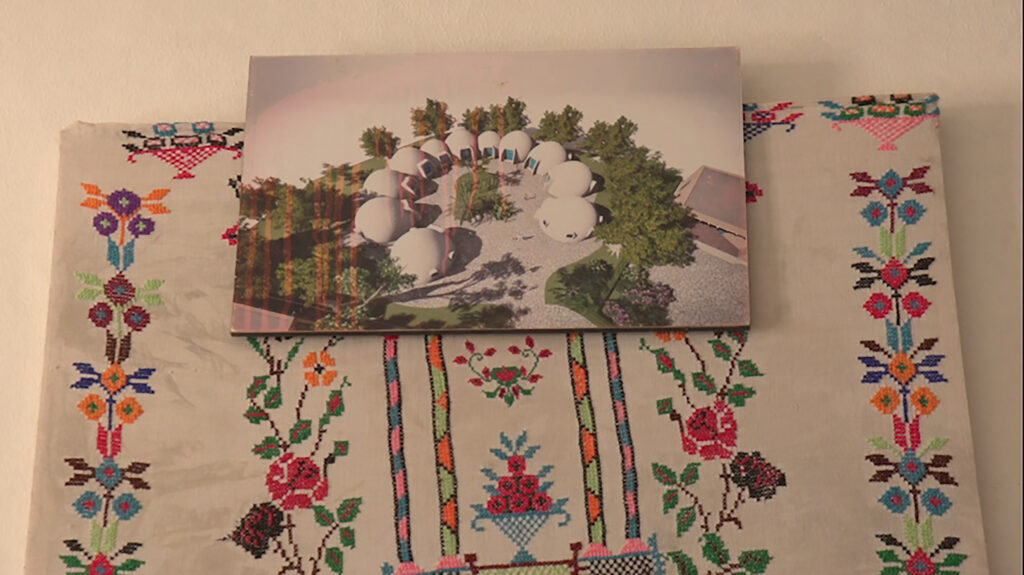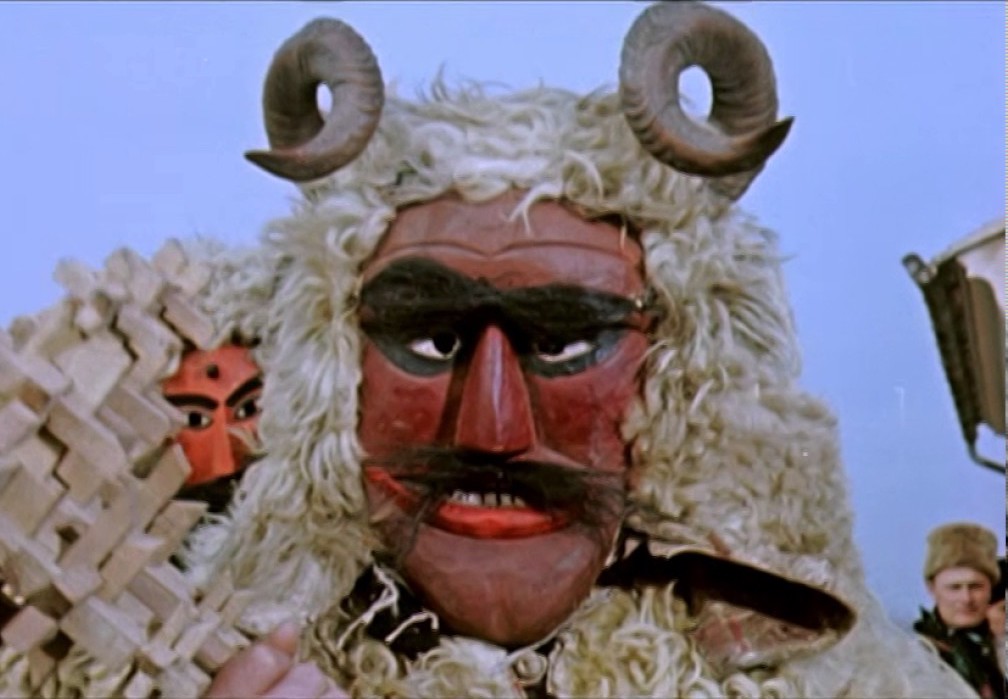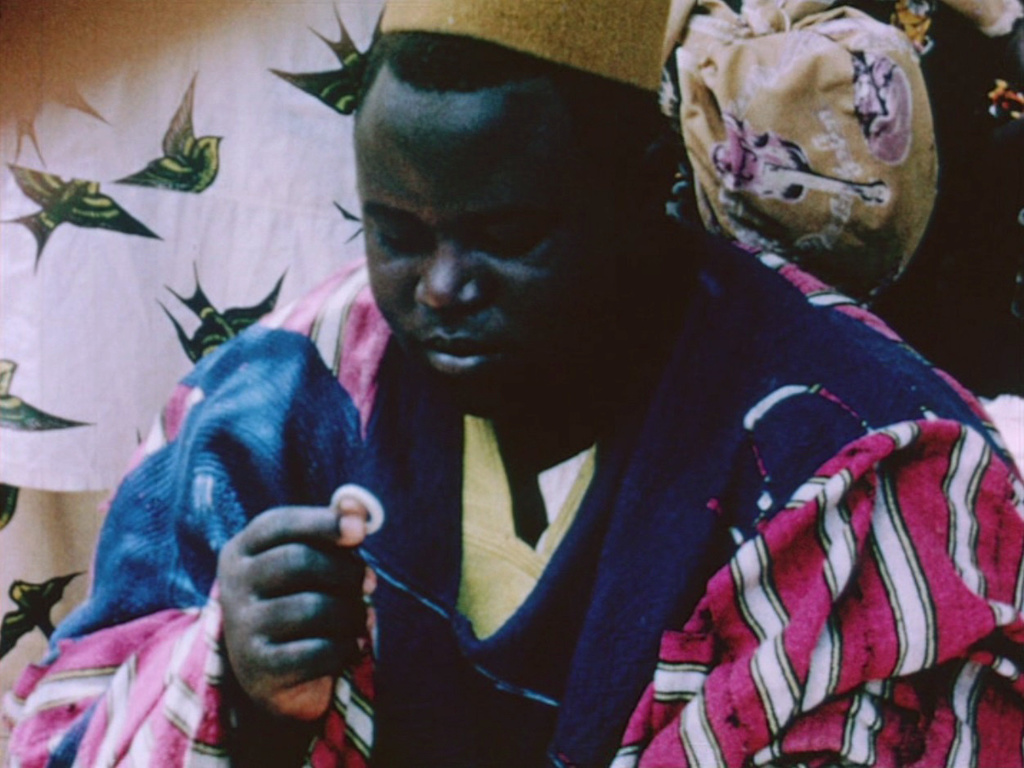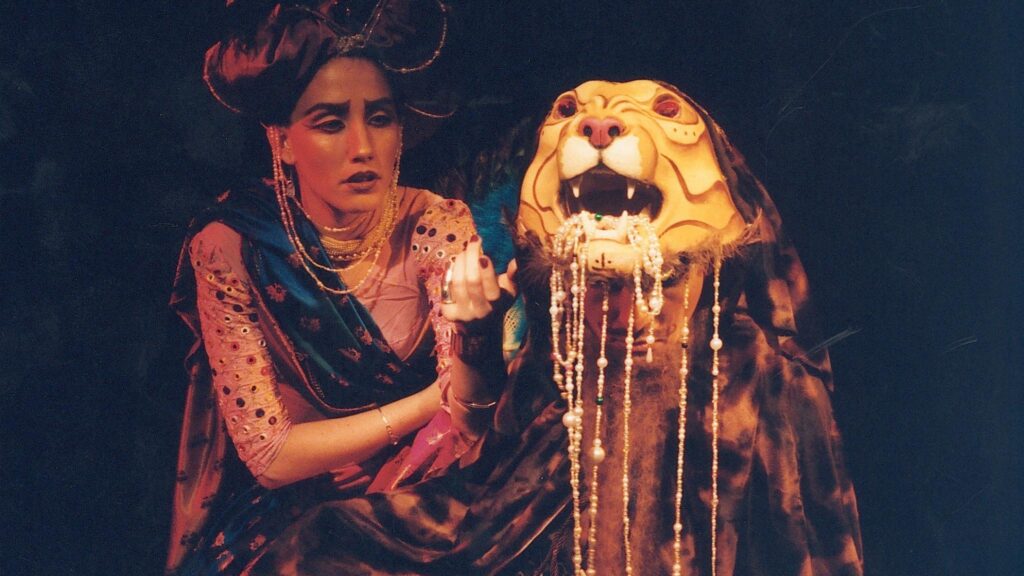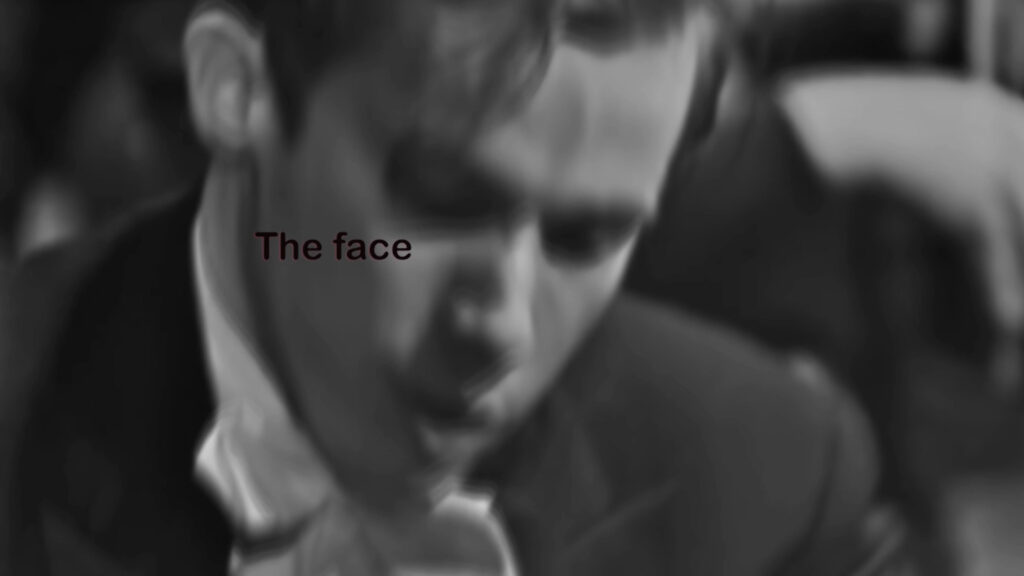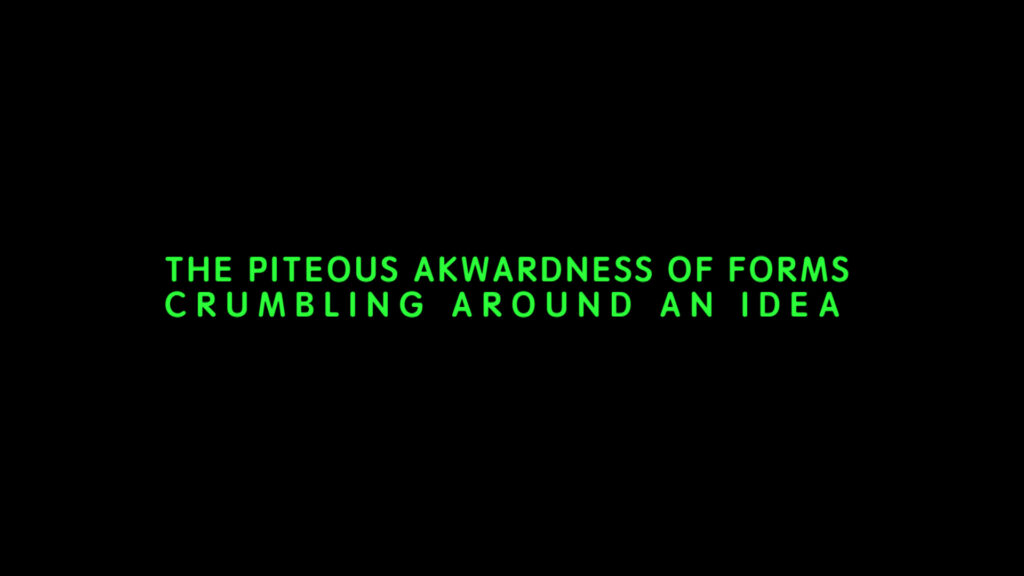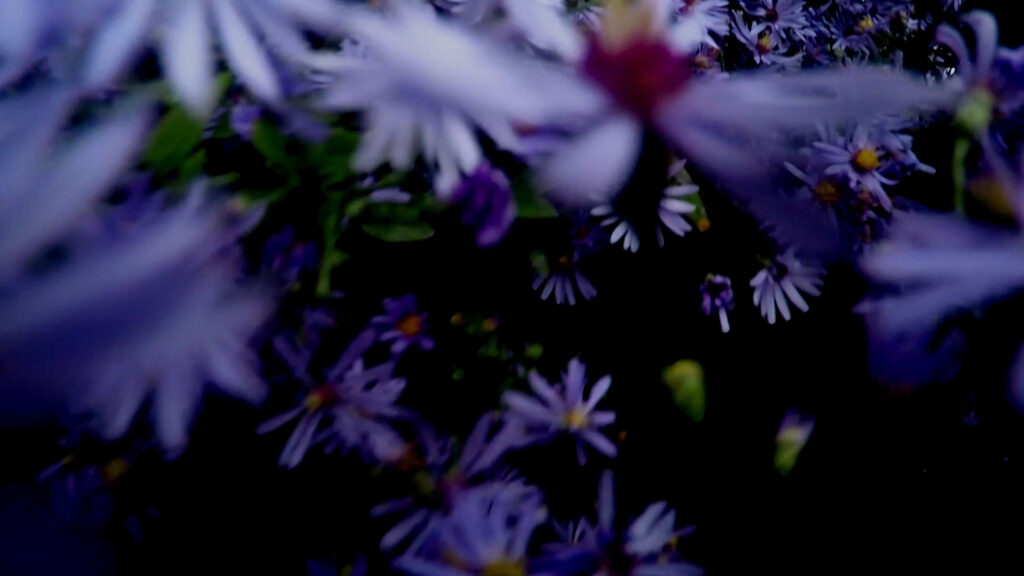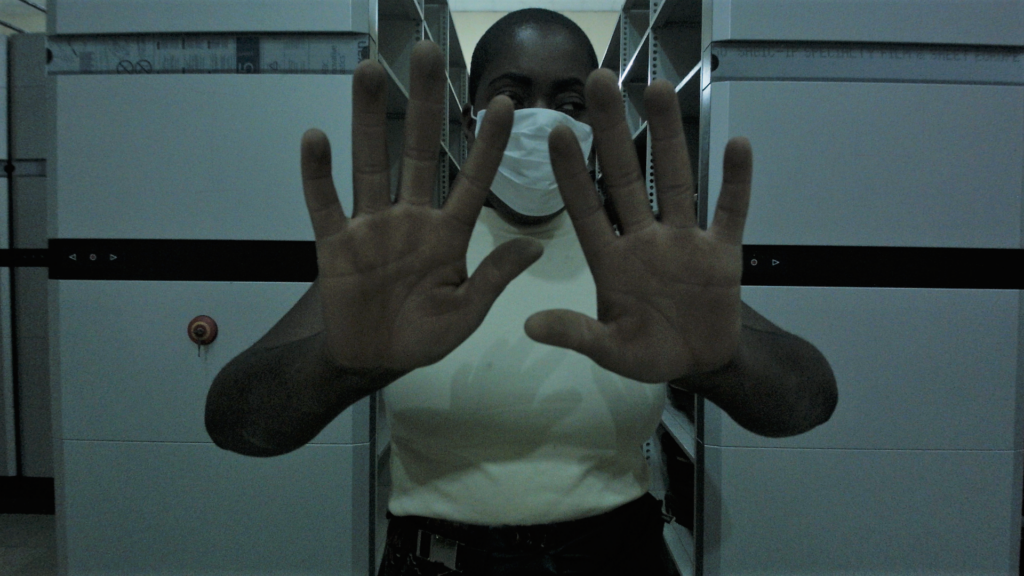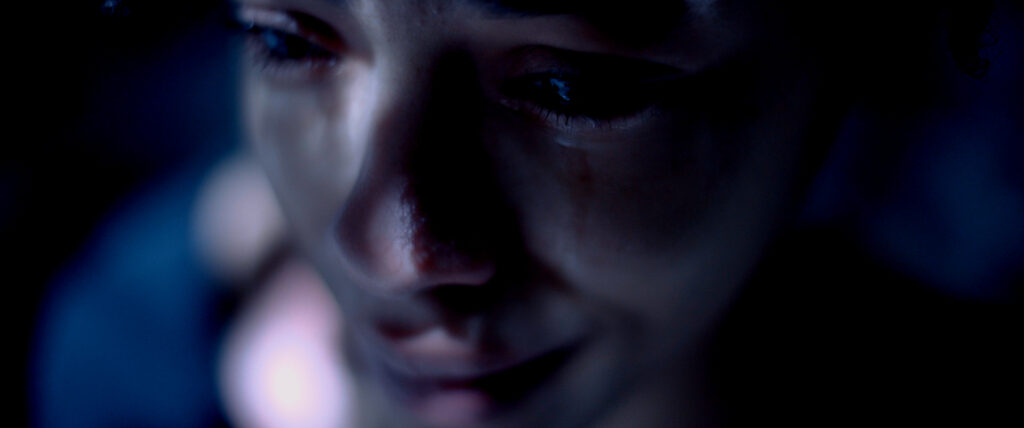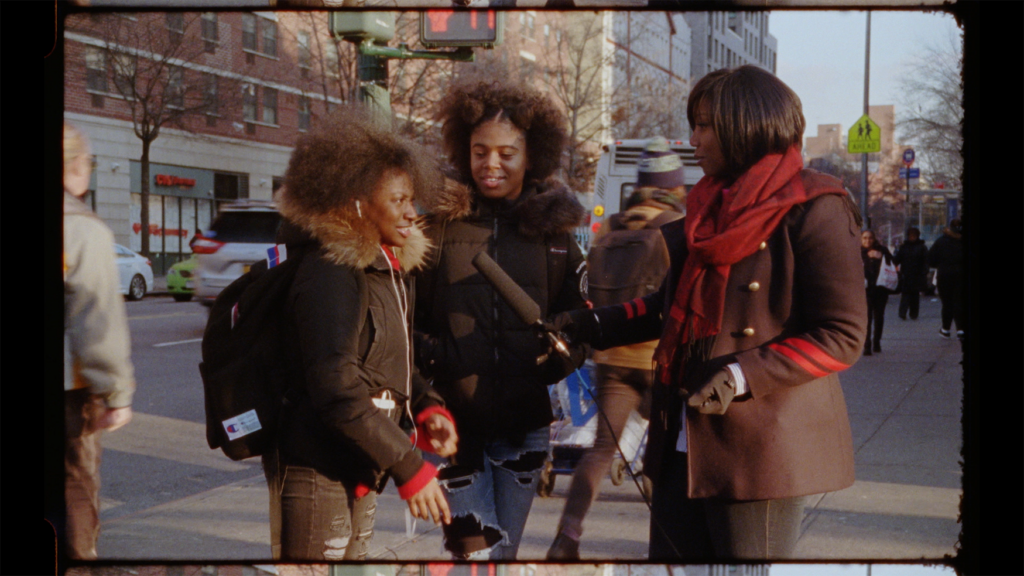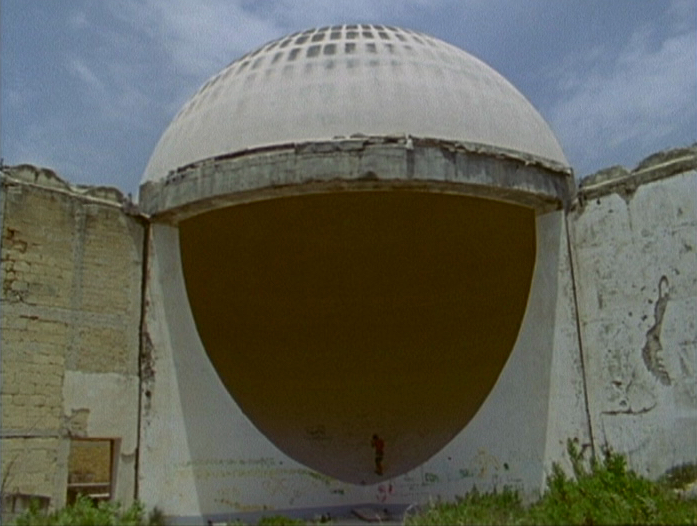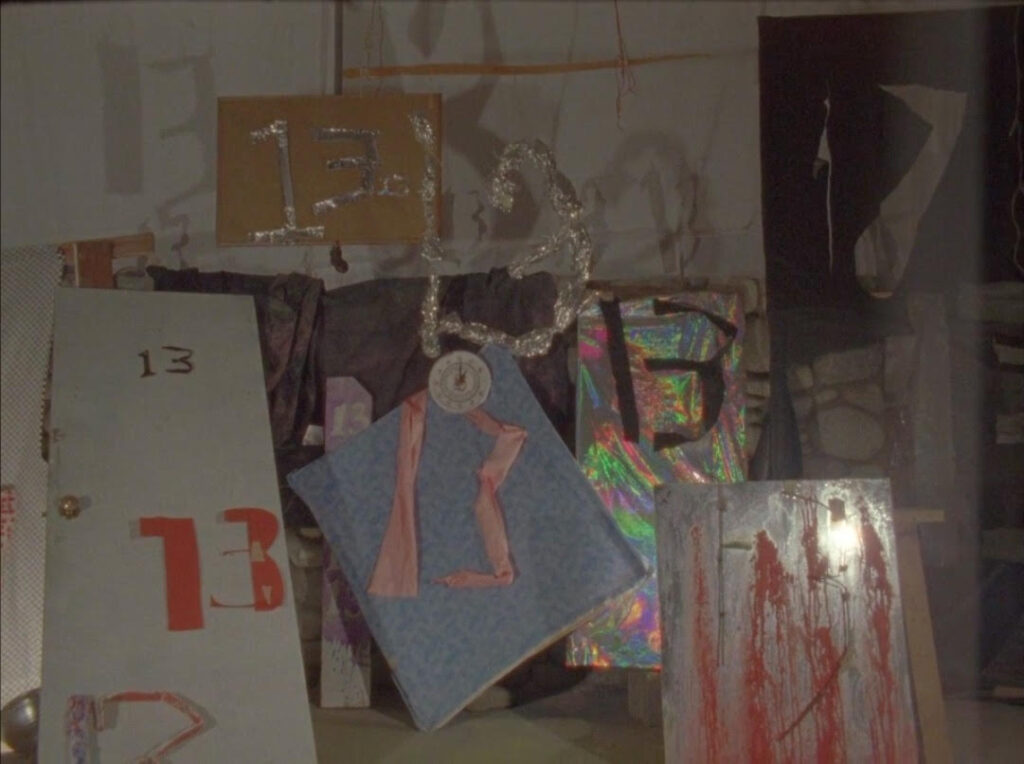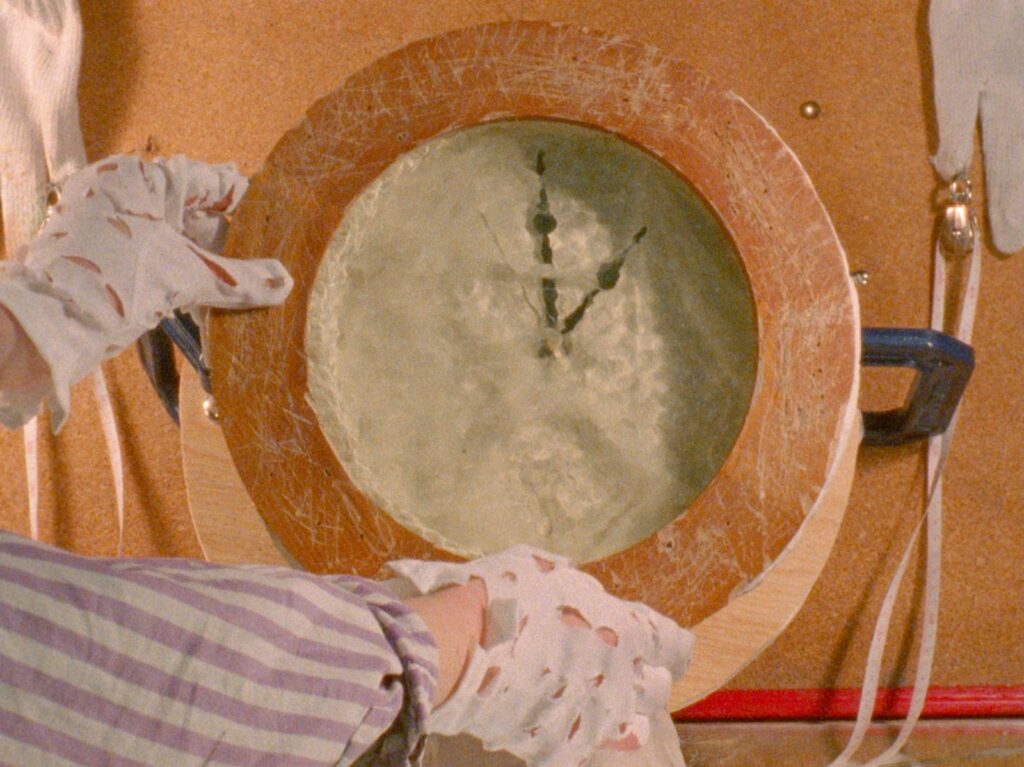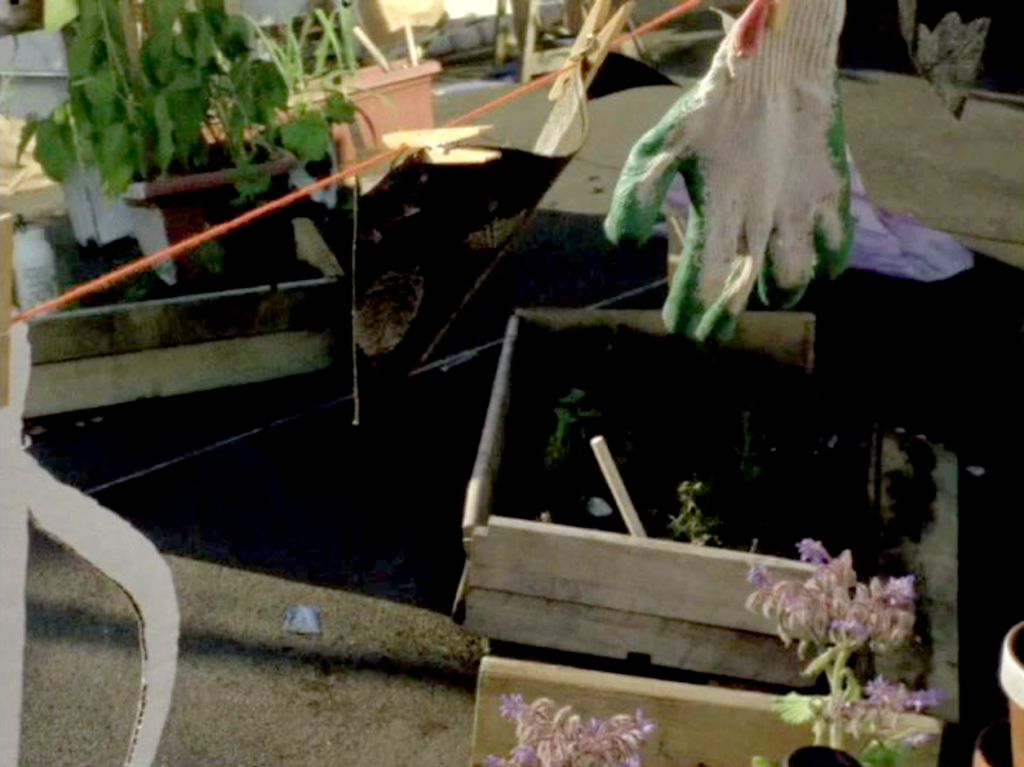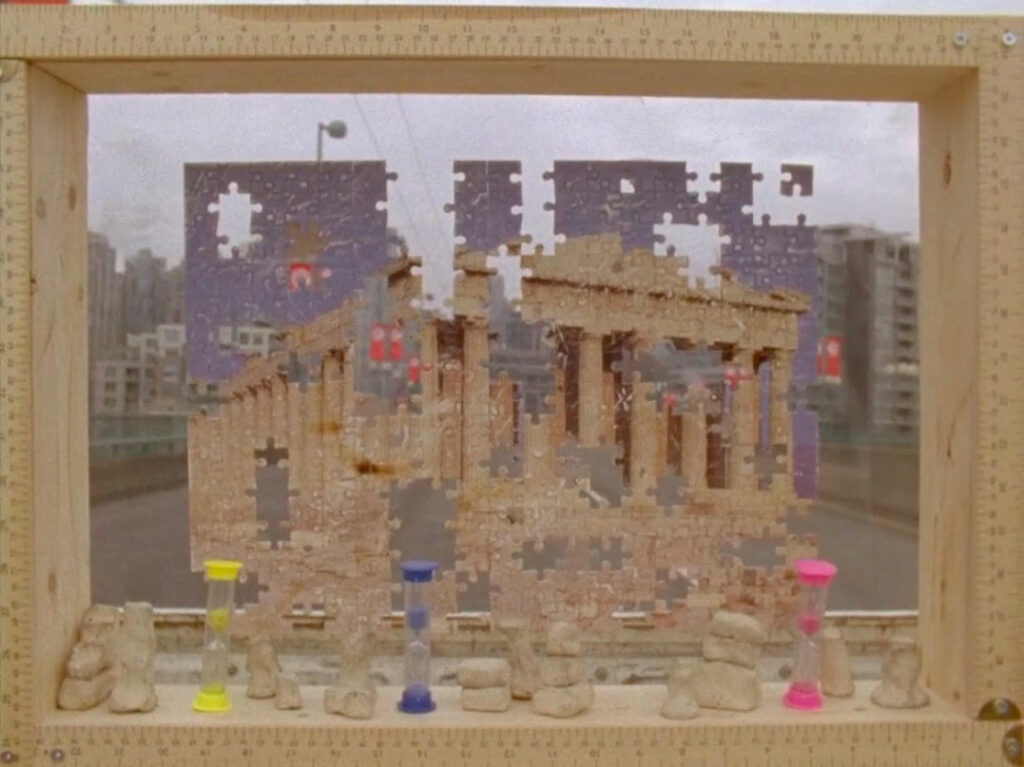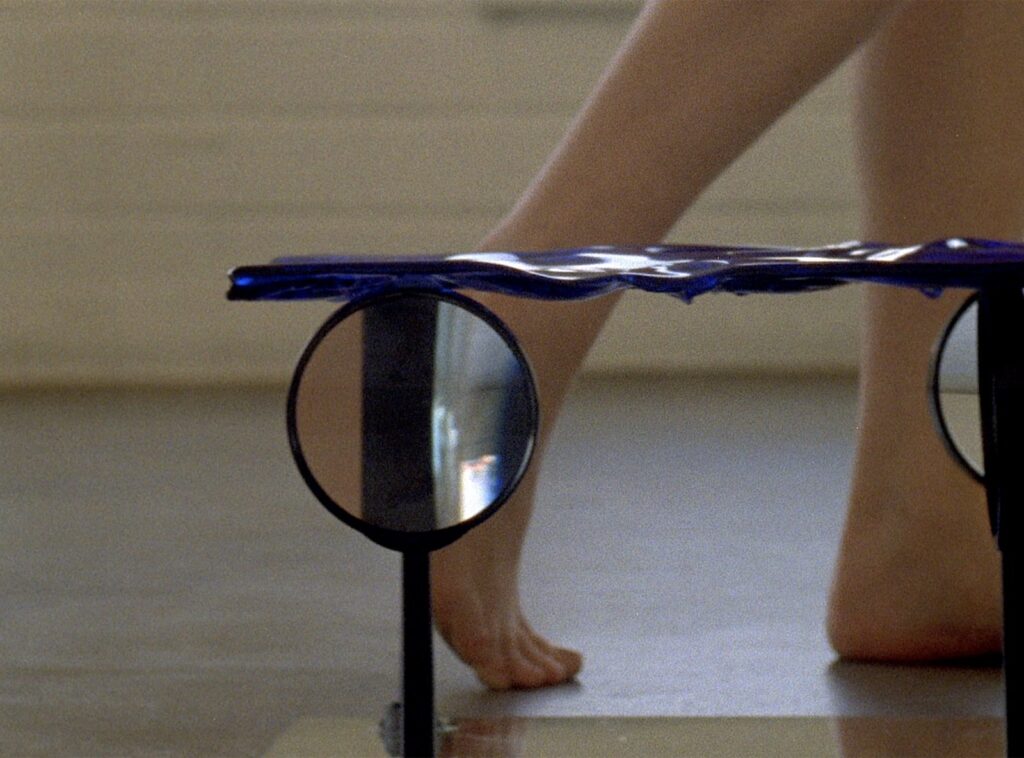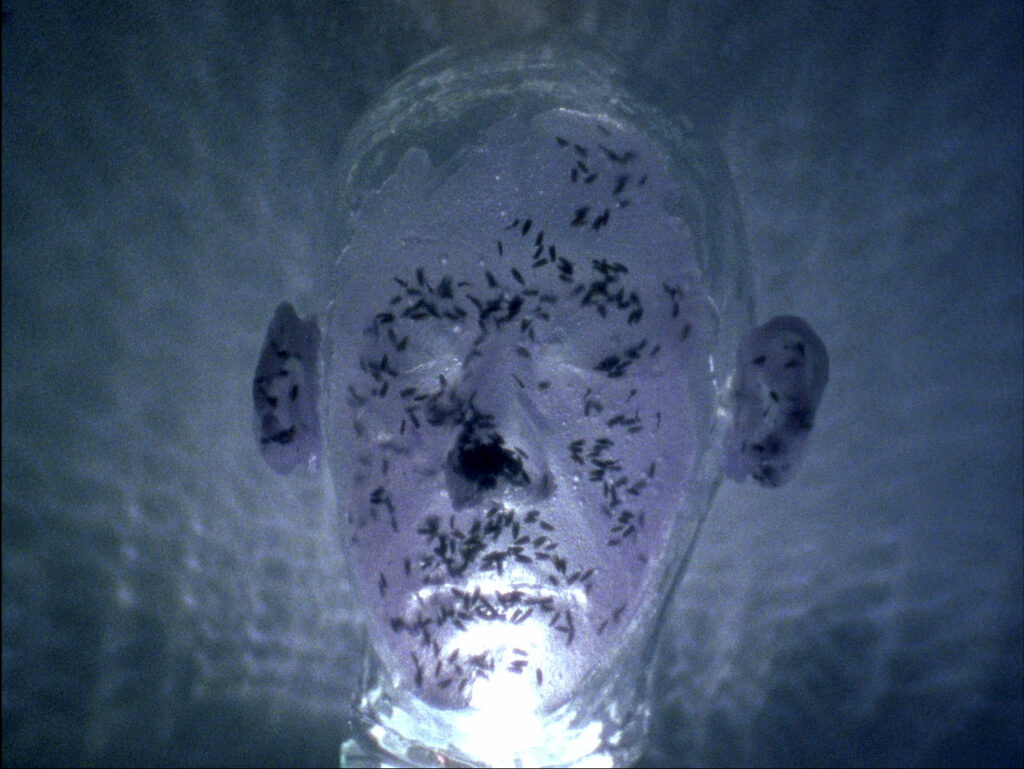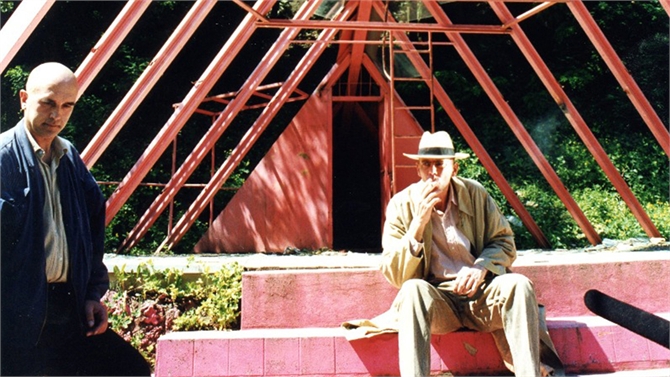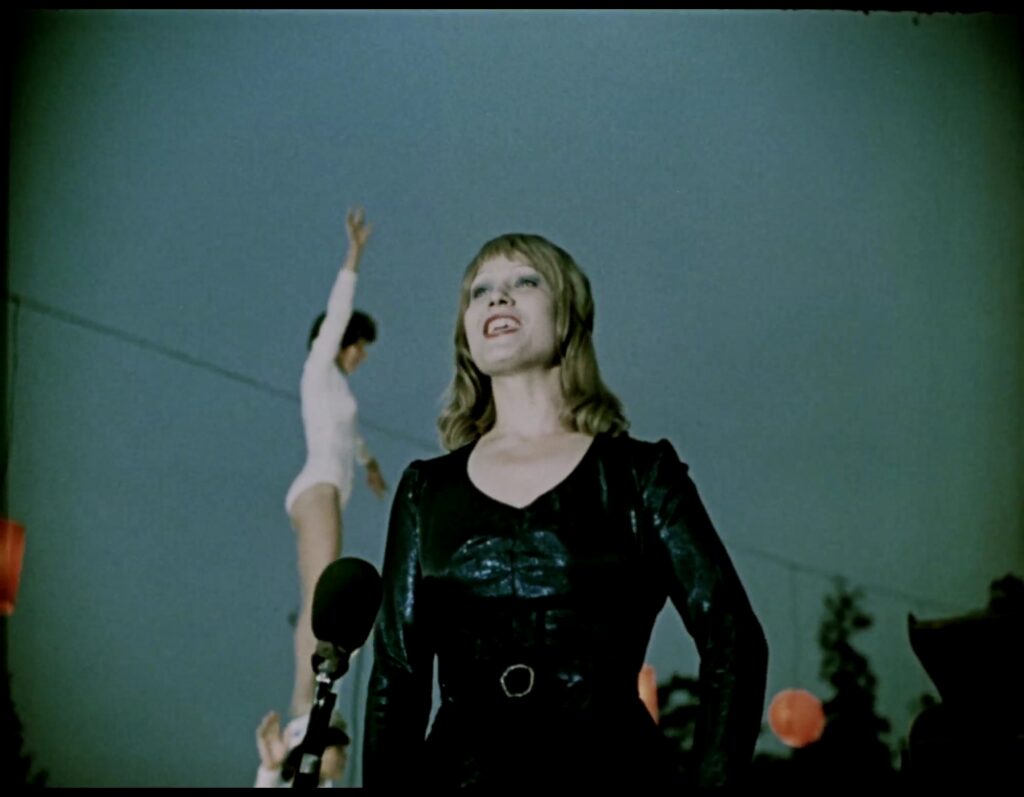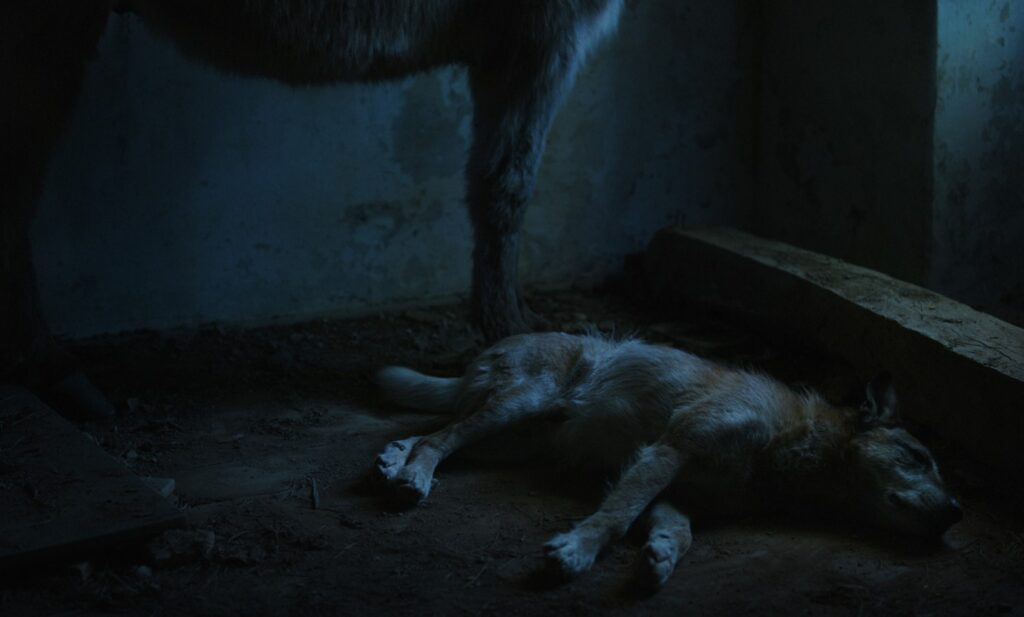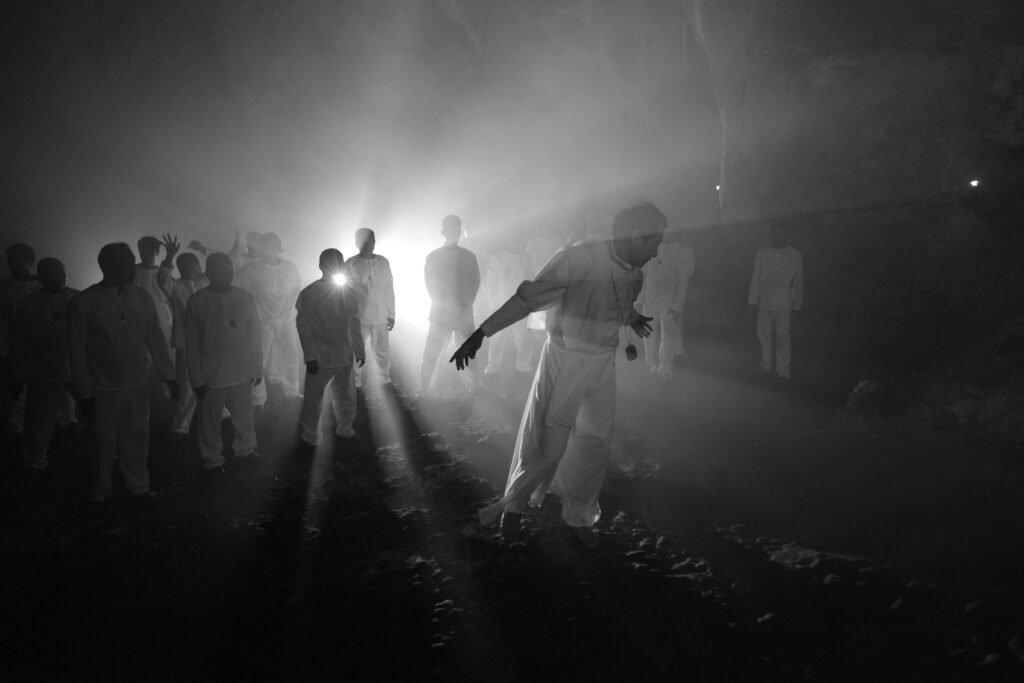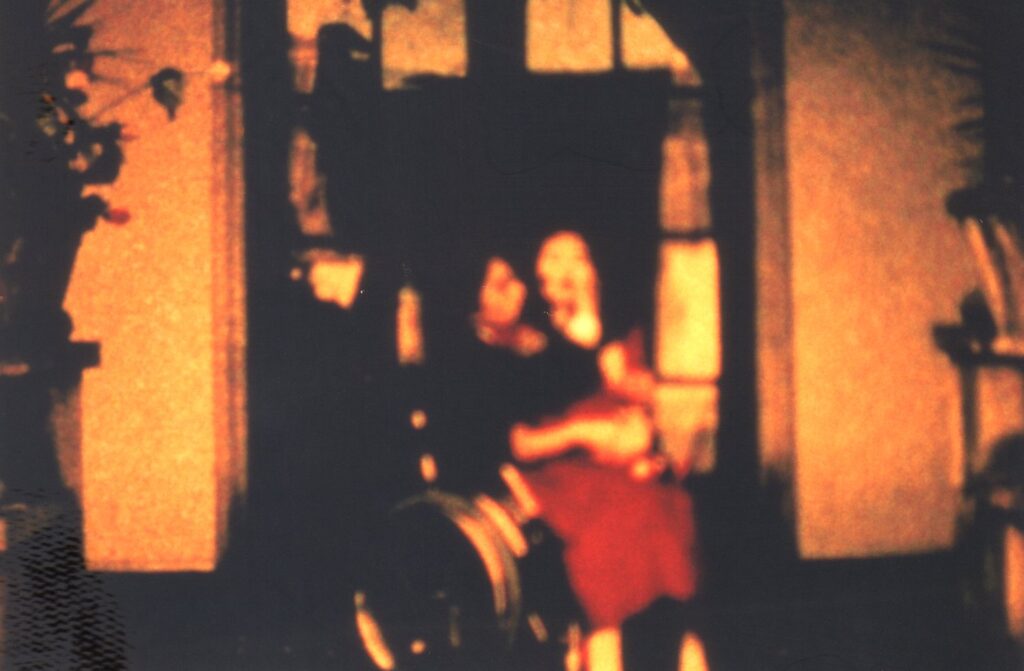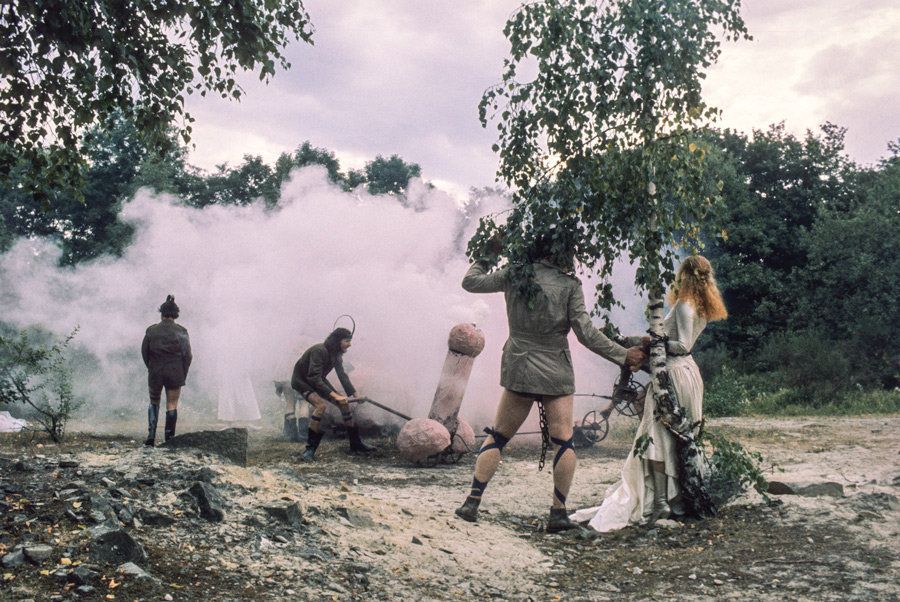Meet the BFMAF programmers as well as visiting industry professional in the informal surroundings of Atelier Cafe.
A chance to ask any questions about the programme, make connections and get some breakfast before the days festival begins!
Multimedia artist Xia Lin guides a session of 3C Xing Yi Quan, a new form of martial arts she developed which imitates the form and essence of products from our daily life.
Meet Animistic Apparatus’s featured artists. In this conversational session Lucy Davis, Chris Chong and Tanatchai Bandasak talk about their artistic engagement with ecology, cosmology, and the politics of environment and land in Southeast Asia. May Adadol Ingawanij introduces the project’s speculative method of exploring animistic relations and artists’ moving image.
Kaleidoscope is a beanbag cinema presenting a rolling programme of animated films from Cinekid Festival Amsterdam. Hands-on making activities will be led by artists Katie Chappell and Chloe Smith. Children must be accompanied by an adult at all times.
The episodically connected lives of four college friends unfold throughout the incipient martial law years, as they struggle to define their sexual and professional desires and how best to attain them. An observational drama that does not shy away from topics such as abortion, prostitution, patriarchy, homosexuality, military violence and the repressive social conditioning of collective imaginaries, this understated feminist inquiry into the possibilities of sustaining queer kinships stands out as a singular achievement of woman-centred Philippine cinema. — Letitia Calin
Yevgeniya, a divorced mother, is very devoted to her only son, Sasha. When she lets him vacation with his father, he comes back a changed person and tells her that he does not want to live with her anymore, and wishes to move to Novosibirsk. As a portrait of a woman unravelled, this film forms a diptych with Brief Encounters. Both are shot in achingly poetic black-and-white. Both are about the nature of romance, even if it’s a romance between mother and son, which Muratova proposes as a metaphor for any male-female relationship. Finally, both films are astonishing portraits of unconventional women, and the pain of yearning, impulsive, irrational loves.
Marwa Arsanios’ Who Is Afraid of Ideology? focuses on ecology, feminism, social organization, nation-building, war and economic struggle. In its formal construction, the film lays bare some of the documentary form’s devices to create a record of shared living and organising— voiced by those within, and in proximity to, the communities documented. Arsanios presents us with two radical women’s movements and their means of survival as a possible solution to the degradation of the commons and the destruction of the earth.
Q&A with Marwa Arsanios
This shorts programme looks at filmmakers cinematically adapting folkloric legends from their own cultures. Busójáráskor is an ethnographic documentary on the Hungarian celebration of Busójárás, in which people dress as horned monsters with carved wooden masks. Nigerien filmmaker Moustapha Alassane’s The Ring of King Koda adapts a Zarma legend in which a king tests the loyalty of a fisherman. Nana Tchitchoua’s Impressions from Rustaveli melds the Georgian medieval poet’s writings with the cinematic language of Sergei Parajanov and Jack Smith.
Films by Steve Reinke, Onyeka Igwe, Rajee Samarasinghe and Ja’Tovia Gary
From Harlem to Giverny, patrilineal tales to Artaud, nature will give way to febrile artifice. What dizzying force is this—throwing us between opposites: deafening silence vs. slide-projector clicks; glitch-y celluloid vs. HD; projected futures pressed up against the archive? But there’s calm around the corner—a reprieve from the chaos of subjection. “Can I live?”, one voice enquires, rhetorically. Consider how the subtext to our fervid biopolitical project.
Q&A with filmmakers Steve Reinke and Onyeka Igwe
Steffanie Ling (Artistic Director, Images Festival) presents Broken Clocks, a selectrospective of Vancouver-based artist Kasper Feyrer’s 16mm films originally shown as installations. By filming their sculptures as props, and the gallery installation as set, each exhibition seeps into the next, creating the causes and conditions for the next film to germinate. Feyrer’s use of ‘practical film effects’—such as physical objects and non-digital special effects made for the verisimilitude of the camera—fashion a world of techniques and materials designed to mirror our own without the pretext of permanence.
Q&A with filmmaker Kasper Feyrer
Co-presented with Images Festival
Getting to Know the Big Wide World, the chef d’oeuvre of the young Muratova, transforms a conventional love triangle (two men, one woman, all construction workers) into a vividly elusive poem on the origin and inexplicability of love. Through ordinary ‘Soviet’ characters she reveals expressive individuals, transforming the industrial construction site into a tender scene of unspoken tragedies.
After living wild for a week, Astrid’s 13-year-old son Phillip returns home without saying a word. Only gradually does everyday life get back on track. Astrid now finds herself confronted with questions that provide a whole new perspective on her middle-class existence and her career in Berlin’s cultural sector. At home, it becomes more and more difficult for this single mother to accept that her son is leading his own life. The family may be disintegrating, but only to form itself anew.
Supported by Goethe-Institut London
Animistic Apparatus presents an overnight screening of Lav Diaz’s epic film—projected outdoors continuously and ending around sunrise—as a nocturnal offering to the spirits of place and the ecology of visible and invisible beings of Berwick-upon-Tweed.
Matt & Jess from Glasgow’s venerable bookshop Good Press play a healthy smorgasbord of sugary musical confections for your ears. Rabz—programmer of Sunday screening Windrush Legacies and Experimental Forms—provides a mix of bass-heavy afro-diasporic electronic music with decidedly queer inflections, including Afro-House, Gqom, Ballroom, Jersey Club, Grime and UK Funky.
In 2012, George Clark shot 900ft (10 mins) of 35mm film of streets, hospitals, sleeping dogs and aerobic classes in Bangkok.
This adults-only screening pairs two erotic fairytales by women artists. Niki de Saint Phalle’s rarely-screened 1976 feature Un rêve plus long que la nuit is a fairytale trip through the female erotic psyche. Young Camelia, searching for the meaning of life, death and love, finds herself transported to such unpredictable settings as a dreamlike orgy or a raging battlefield. Mari Terashima’s 1989 short Hatsukoi is a silent, gestural film of gothic symbolism, a story of first love that never comes true.


